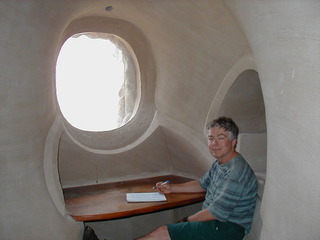And good discussion of the fact that it’s a respiratory virus
SarS-CoV-2 is a respiratory virus.
“The natural way people get infected with COVID is through the nose,” explains Johanna Kaufmann, Ph.D., executive vice president of oncology and immunology at Codagenix, a biotech company that is currently working to develop a COVID intranasal vaccine, in Farmingdale, NY. “It first infects the nasal cavity and then spreads throughout the body—or not—depending on the immune status of a particular individual. But there is a specific set of immune cells in the nose that contribute to the initial immune reaction.”
However, typical vaccinations (including the newer mRNA vaccines) use a needle to deposit the vaccine, either right under the skin (subcutaneous) or deep into a muscle (intramuscular), where they stimulate a process called circulatory immunity. The vaccine’s antigen (a.k.a., weakened or inactive parts of a pathogen) quickly enters the bloodstream, where it generates an immune response that in turn produces antibodies, marking that particular pathogen for destruction. The next time the same pathogen shows up in the body, an arsenal of antibodies goes on the attack. This is called immunological memory—and it’s why vaccines can be so effective.

